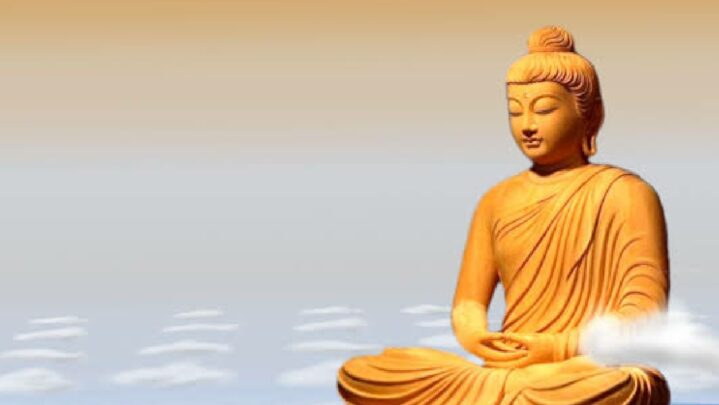Gautama Buddha is at the heart of Buddhist teachings, and his words of wisdom have been transmitted down through the centuries via oral teachings and written documents. Buddha personified the spirit of peace, acceptance, and non-attachment to material objects, and we can learn more about our spiritual and emotional selves through his teachings.
1. We can control our anger by cultivating understanding and compassion.
Buddhism teaches us to “manage our anger skillfully,” which can mean a variety of things, including learning inventor anger mindfully using the power of our awareness or “presence,” which allows us to “step away” from it and see it more clearly, allowing us to identify its source and then release it.
2. We can overcome fear by figuring its origin
Fear often causes us to want to flee because of the suffering it causes us to feel. But if we dig a little further and be honest with ourselves, we’ll find that nothing is as it seems. And just finding out the truth is therapeutic in and of itself. To transform ourselves, all we have to do is observe with mindfulness, to be present for the feelings.
3. We’re “complete” in every way.
Many of us have different interpretations of the feeling, but we all have it: we feel like we’re missing a piece like we’re one half of a whole like we need to acquire something to be happy like we’re a part of something greater and need to connect with it like we’re a shadow of our potential and need to work hard to become the “greatest version” of ourselves or something else entirely.
The feeling that something is missing—or that “something” needs to be there for us to hold on to in the first place—disappears if we can manage to realise this. As a result, we realise our “natural completeness,”. We were “perfect” the entire time because we were “perfect.”
4. You are not your internal monologue.
Buddhist wisdom teaches that if we can acquire deeper self-awareness (via mindfulness practice) and arrive at a position where we can watch the inner debate with clarity, we may welcome it and transform it into spiritual fertiliser. We can finally discover this inner dialogue and see a glimpse of our genuine selves—the enlightened nature in all of us—if we try to achieve deeper self-awareness.
Everything is as it should be, according to Buddhist knowledge; it’s simply difficult to grasp at first since the world isn’t what it appears to be.
Keep reading successyeti.com
Also Read: Peace can’t be found somewhere outside; you have to dig inside





